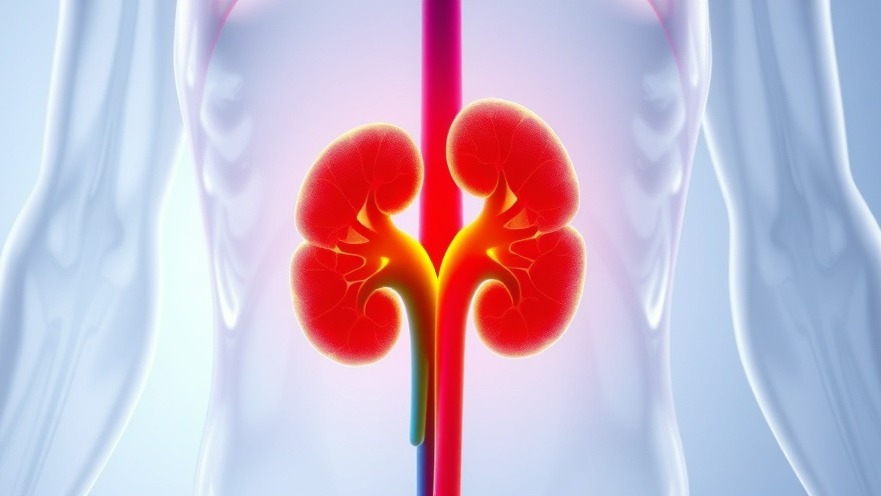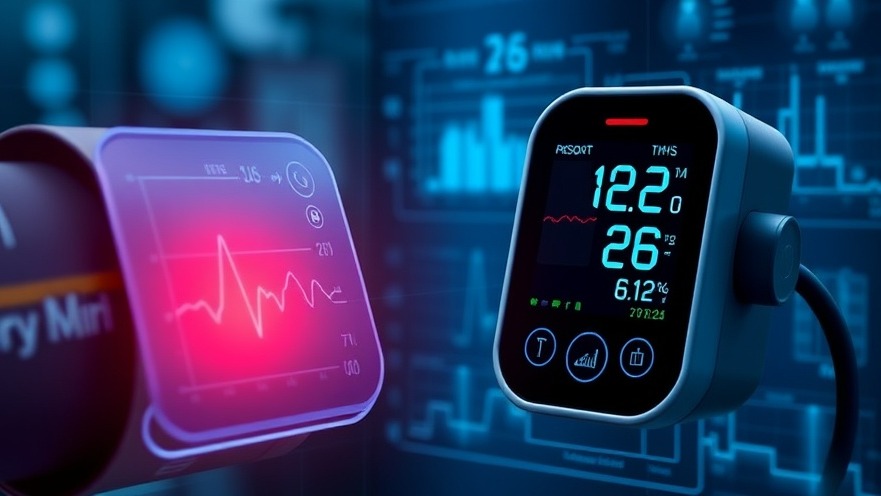
Unlocking the Future of Healthcare: Edifecs' Interoperability Cloud
In the fast-evolving landscape of healthcare technology, the importance of interoperability cannot be overstated. Edifecs, Inc., a renowned health information technology solutions company, has recently launched its Healthcare Interoperability Cloud, aimed at revolutionizing the way payers tackle interoperability challenges and regulatory compliance. Understanding these advancements is crucial for healthcare practitioners striving to adapt to a digital-first environment.
Understanding the Role of Interoperability in Healthcare
Interoperability refers to the ability of different healthcare systems and applications to communicate and exchange data seamlessly. For concierge health practitioners overwhelmed by the complexities of technology, grasping the significance of interoperability will empower them to make informed decisions for their practices. By facilitating clear communication between disparate systems, interoperability enhances patient care, streamlines operations, and meets regulatory requirements.
Key Innovations of Edifecs' Cloud Platform
The Healthcare Interoperability Cloud offers a comprehensive approach to data management in healthcare, allowing organizations to comply with the stringent codes outlined by the Centers for Medicare & Medicaid Services (CMS). According to industry insights, Edifecs has established itself as a leader in FHIR® and EDI solutions, a critical recognition that translates into trustworthy and cutting-edge interoperability capabilities.
With its advanced software-as-a-service (SaaS) offerings, Edifecs supports over 300 million individuals across the U.S. healthcare market, meeting the needs of health systems and payers alike. The platform addresses many of the pressing challenges faced by healthcare organizations today, particularly in improving data transparency and operational efficiency.
Driving Transformation with Advanced Technology
Edifecs is at the forefront of harnessing artificial intelligence (AI) and machine learning, elements that offer unprecedented insights into patient care and population health management. By utilizing generative AI and large language models, the platform provides actionable insights that can transform the daily operations of a concierge practice. For practitioners who may feel apprehensive about the technical aspects, these advancements pave the way for smarter, streamlined workflows that enhance patient experiences.
The Importance of Regulatory Compliance
In today’s healthcare environment, compliance with evolving government regulations is paramount. The Edifecs Healthcare Interoperability Cloud is designed to ensure 'evergreen' compliance, adapting continuously to changing standards. This assurance gives concierge practitioners a competitive edge as they focus on providing quality care without the looming burden of regulatory intimidation.
Real-World Applications and Benefits
The impact of the Edifecs Interoperability Cloud can be seen in its ability to enhance operational effectiveness across the healthcare ecosystem. By fostering seamless connectivity, the platform integrates systems within practices, allowing for improved collaboration among teams, whether they are in-network or working remotely. This level of integration minimizes friction between stakeholders, which is essential for a cohesive patient journey.
Strategies for Implementation
Concierge health practitioners can leverage the insights from the Healthcare Interoperability Cloud to develop their technology adoption strategies. By understanding how to implement interoperability solutions effectively, these practitioners can enhance their practice’s operational capabilities. By adopting advanced technology, practitioners can not only adhere to regulatory guidelines but also improve patient satisfaction and outcomes.
The Future of Healthcare Interoperability
The future of healthcare will undoubtedly hinge on interoperability as a foundational element for success. As exemplary organizations like Edifecs drive these innovations, it is vital for healthcare practitioners to engage with these technologies actively. In doing so, they can pave the way for a more intelligent, responsive, and patient-centric healthcare system.
 Add Row
Add Row  Add
Add 






Write A Comment